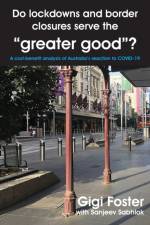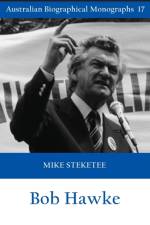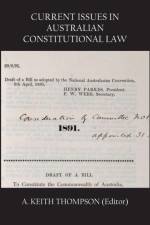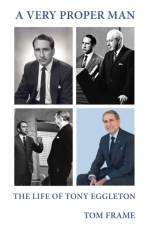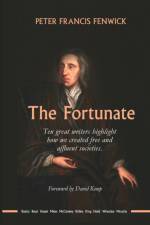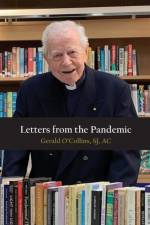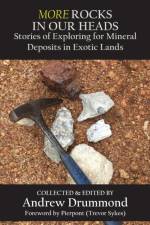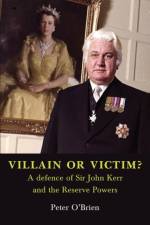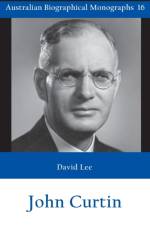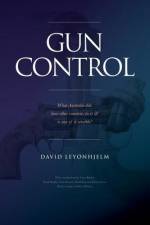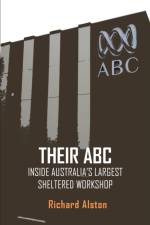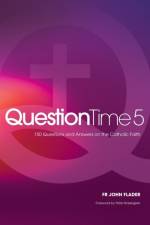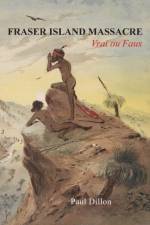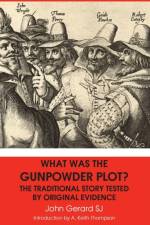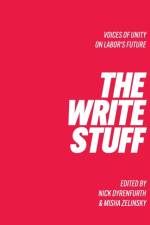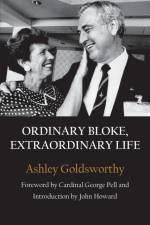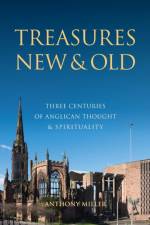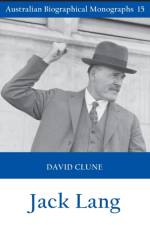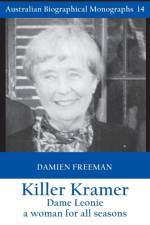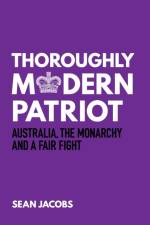von David Clune
23,00 €
Australian Biographical Monograph, No 15. The cabinet has one leader who announces its policy. When he announces it, we follow, and as soon as he announces it, we know where we stand. We do not seek to know what he is going to do, and are prepared to surrender our judgement, if necessary, in advance.-- Mark Gosling, Chief Secretary in Lang''s 1930-32 Cabinet (quoted by L.F. Crisp)Jack Lang, Labor Premier of New South Wales from 1925-27 and 1930-32, was until his death in 1975, a hero for some in his party and reviled by others. This biography highlights the disruption he was responsible for, particularly to the Labor Party. Indeed, his legislative achievements are outweighed by the damage he caused to the economy, politics and social cohesion of New South Wales. Lang''s leadership style was autocratic, messianic, radical, and vindictive. Although he still has his defenders, Lang is now better remembered for his notoriety, particularly his 1932 dismissal by Governor Game, rather than his achievements. It was left to others like Bill McKell, who became Premier in 1941, rebuild the Labor Party, and, more importantly, bring it back to its true mission of helping those in need rather than indulging in self-serving political crusades of the type pursued by Lang.Dr David Clune OAM was for many years the Manager of the NSW Parliament''s Research Service and the Parliament''s Historian. He is currently an Honorary Associate in the Department of Government and International Relations at the University of Sydney and Consultant Historian to the NSW Legislative Council History Project. Dr Clune has written extensively about NSW politics and history.

